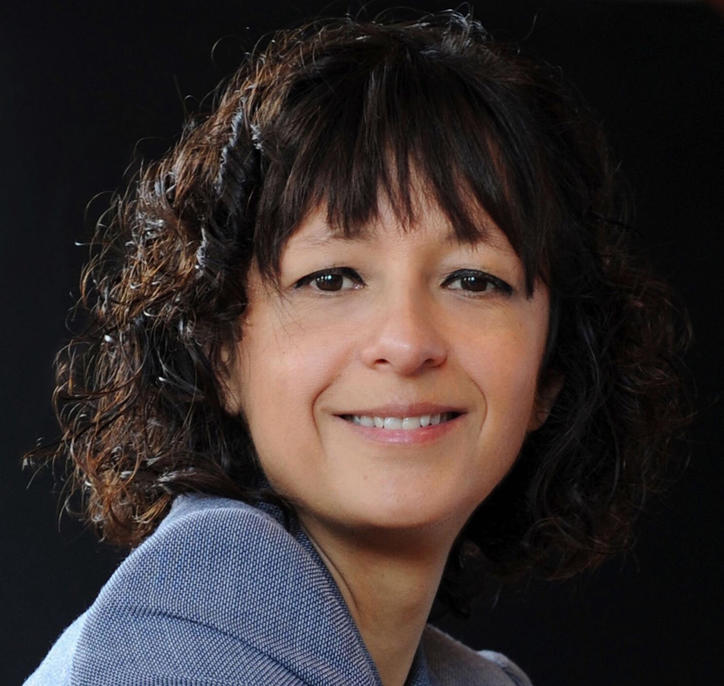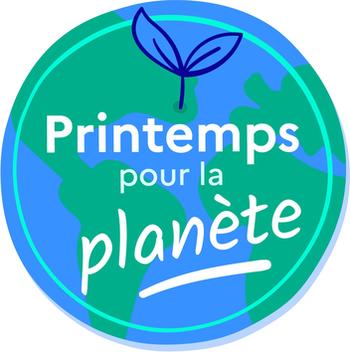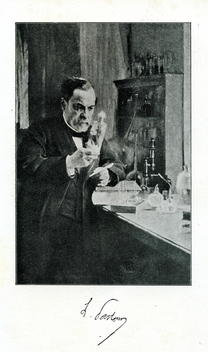
French researcher Emmanuelle Charpentier Nobel Prize in Chemistry 2020
After Marie Skłodowska-Curie, in 1903 and 1911, and Irène Joliot-Curie in 1935, the researcher Emmanuelle Charpentier is the third French woman to win a Nobel Prize in 2020, in chemistry, which she shares with the American researcher Jennifer Anne Doudna for their discovery of a revolutionary molecular tool in genetics.
« Une immense fierté pour l’ensemble de notre recherche et pour la chimie française », « une reconnaissance pour l’excellence de la recherche en France et une avancée considérable pour la biomédecine et la connaissance du génome ». C’est en ces termes que la ministre chargée de la recherche et que le ministre de la santé ont salué cette récompense qui vient couronner des travaux sur les « ciseaux moléculaires ». Pour le Premier ministre français, ce prix Nobel salue non seulement « les travaux révolutionnaires qu’Emmanuelle Charpentier a conduits avec Jennifer Doudna », mais aussi « la recherche française dont on consacre, à nouveau, l’excellence et l’attractivité internationale ».
Une avancée fondamentale, un espoir formidable
L'invention en 2012 de la technique de « ciseaux génétiques CRISPR-Cas9 » que l’on doit aux deux chercheuses est une avancée fondamentale dans le domaine de l'ingénierie génétique. Le ministère de la recherche souligne en effet que ce système s’apparente à « de véritables ciseaux moléculaires permettant de couper et de modifier l'ADN à des endroits précis du génome ». Il permet « d'inactiver un gène, d’en contrôler l'expression ou le modifier, ouvrant ainsi de nouvelles pistes pour la compréhension des mécanismes moléculaires ou l'élaboration de nouvelles approches thérapeutiques ». C’est à ce titre que CRISPR-Cas9 constitue « un espoir formidable dans la mise au point de traitements de pathologies héréditaires » et « une technique prometteuse pour le développement des nouvelles immunothérapies contre le cancer ».
Une chercheuse française, un parcours international
Après un master passé à Sorbonne Université puis un doctorat et une formation post-doctorale à l'Institut Pasteur, Emmanuelle Charpentier, microbiologiste, généticienne et biochimiste, représente un « exemple de l'excellence de la formation à la française ». Au-delà de cette formation française, la chercheuse a suivi un parcours international au sein d'institutions américaines avant un retour en Europe (Suède et Allemagne). Elle est aujourd’hui professeure à l’Institut Max Planck de Science des Pathogènes à Berlin qu’elle a créé et qu’elle dirige.
Un duo féminin, en exemple pour les filles
Comme le soulignent de nombreux commentateurs, c’est la première fois qu’un « duo féminin » remporte un prix Nobel scientifique. Dans une déclaration à l’Agence France Presse (AFP), la nouvelle lauréate française exprime ainsi le fait que « les femmes scientifiques peuvent aussi avoir un impact pour la recherche qu'elles mènent », espérant adresser grâce à sa récompense un « message très fort aux jeunes filles pour des carrières scientifiques ».
Related contents
-
CollectionPure scienceUpdatedMarch 2019
-
Collection10 good reasonsUpdatedMay 2023
Recommended News


























































